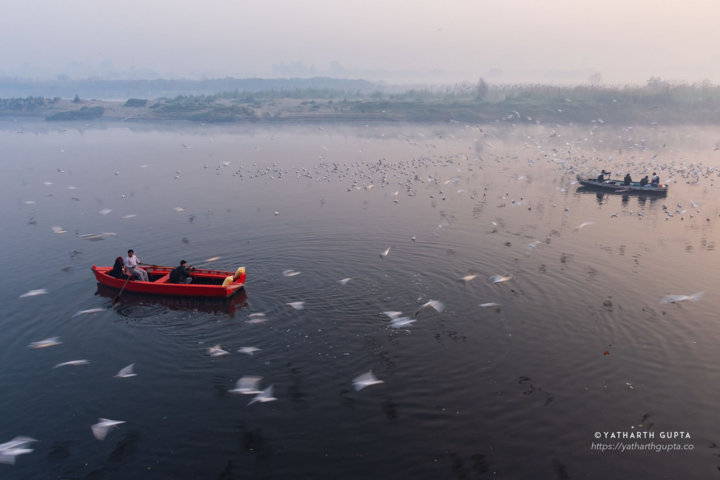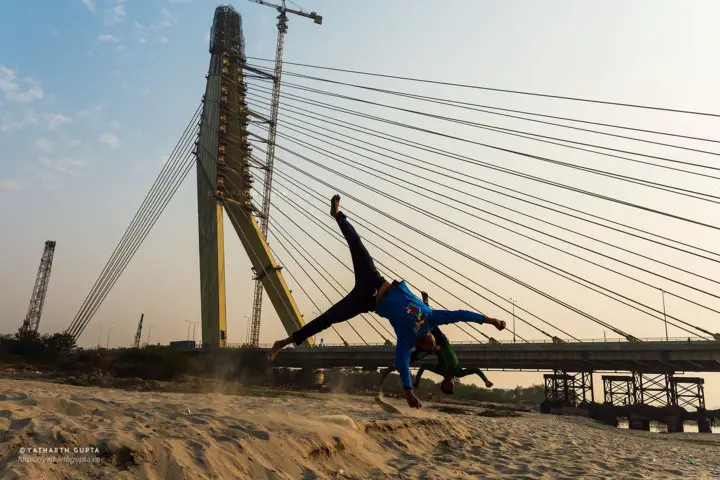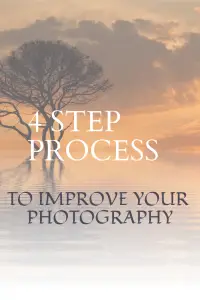Are you looking for ways to improve your photography? And not the image quality but the quality of photography. If yes, then read on.
Ok, so
Imagine this
You are walking by a road and you see a very interesting composition or a scene. And you see a future award-winning photo that is just about to come to existence. You are suddenly happy about a possible upcoming achievement. So to make it a reality, you pull out the camera. In the excitement, you start shooting frame after frame without much thought.
And a few moments later.
You preview the photos you just clicked and get disappointed. Because this is not what you expected. Now if the scene is still there, the next thing you would do is adjust some settings and try again(many times, in vain). If not, the excitement will fade and something else will take over its place. That is the regret of missing the moment, or of the lack of skill, or even lack of professional gear.
Has it ever happened to you?
If yes, then read on.
The problem is that you visualize a great photo but you fail to produce it.
If I ask you to express a complex emotion in a foreign language, in which you are not well-versed yet.
You will fail at forming sentences. Because of reasons like not enough vocabulary, or lack of grammatical knowledge etc.
Similar is the case with photography.
To express well verbally or photographically, you must put in some thought into what you want to say and how you want to say it?
The below process will set you on a path to improve your photography and expression.
**This article assumes the reader has basic understanding of exposure settings and composition.
So lets get started!

Step 1 – Know The Scene
Even before you pick up the camera, you should understand the scene. This step forms a base for the next steps.
This can be done by asking yourself a few simple questions.
What is it?
Try by telling yourself what is exactly happening in front of you?
For example – Kids are playing football.
What are the points of interest?
The world is full of amusing things but not everything is photographically amusing. Somethings can be great as experiences but when you try to turn those into photos, the results are dull.
There will be times when there will be more than one point of interest in a scene. So find what is interesting about a scene and how many points of interests are there. Doing this will help you improve your vision in photography.
You may also like Photoshop Basics Guide for Photographers 2019
Step 2- Work your point of interest/subject
One of the most important thing if you want to improve your photography is knowing how to shoot a particular subject so that it matches your vision.
With the knowledge acquired in step 1. It will be now clear what is your point of interest. For the above example of kids playing football, let’s say there are these points of interest that you have identified:
- A kid with unusual clothing
- A kid with interesting facial expressions
- Or the action in the game
- Or a kid’s peculiar way of kicking the ball
These are a few examples. But as you can see all points would call for a different exposure setting or a different focal length. By working the subject, I meant that you assess the best settings or focal length for your chosen point of interest. Also note, that there are no right settings for a given scene. There is always room for creativity until it doesn’t distort the very purpose of the photo.

Step 3 – Framing
Framing and composition in photography are often assumed to be the same thing. But they are not. For this point let’s see what does framing mean as we will cover the composition in next.
Think of framing as a physical activity that facilitates a particular composition.
Let it sink in.
In simple words, it comprises
- The angle at which the camera would point at the subject
- Where would you stand
- Bent or standing straight or lying on the ground
- Far or close
- Your vantage point
- And all other factors that decide how the camera would see a scene
After deciding your frame, lets move to the last step before the shutter release.
You may also like– Best Camera for Photography Beginners in 2019
Step 4 – Composition
Composition in photography simply means arrangement of the elements within the frame.
Like I said in the previous point, framing facilitates a particular composition.
Of-course there are many guidelines for photography composition. Rule of thirds being one of them. But discussing those are beyond the scope of this article.
So when you have composed the shot. Finally, it is time to release the shutter.

I know you must be thinking that this is a time-taking process and most photographic opportunities
But that is the very
Conclusion
So, to improve your photography, you must take conscious actions and hard work. The above steps may slow down your shooting initially but with time and practice, these will become reflexive actions. Also if for some reason you can’t put in the time required to do these, you should later analyze the photos. Which will help you to be faster and better prepared for the next time a similar opportunity comes up.
I would like to know your thoughts about this article.
Or if you have any questions.
Please feel free to write in the comments section.
Yatharth




Good advise, You must express what you see and how it makes you feel in a 2D image
Thank You Wayne. Yes this one thing of expressing what you feel can make your photos more impactful.
great article and helpful tips, thanks for providing
Thank You Kamal!